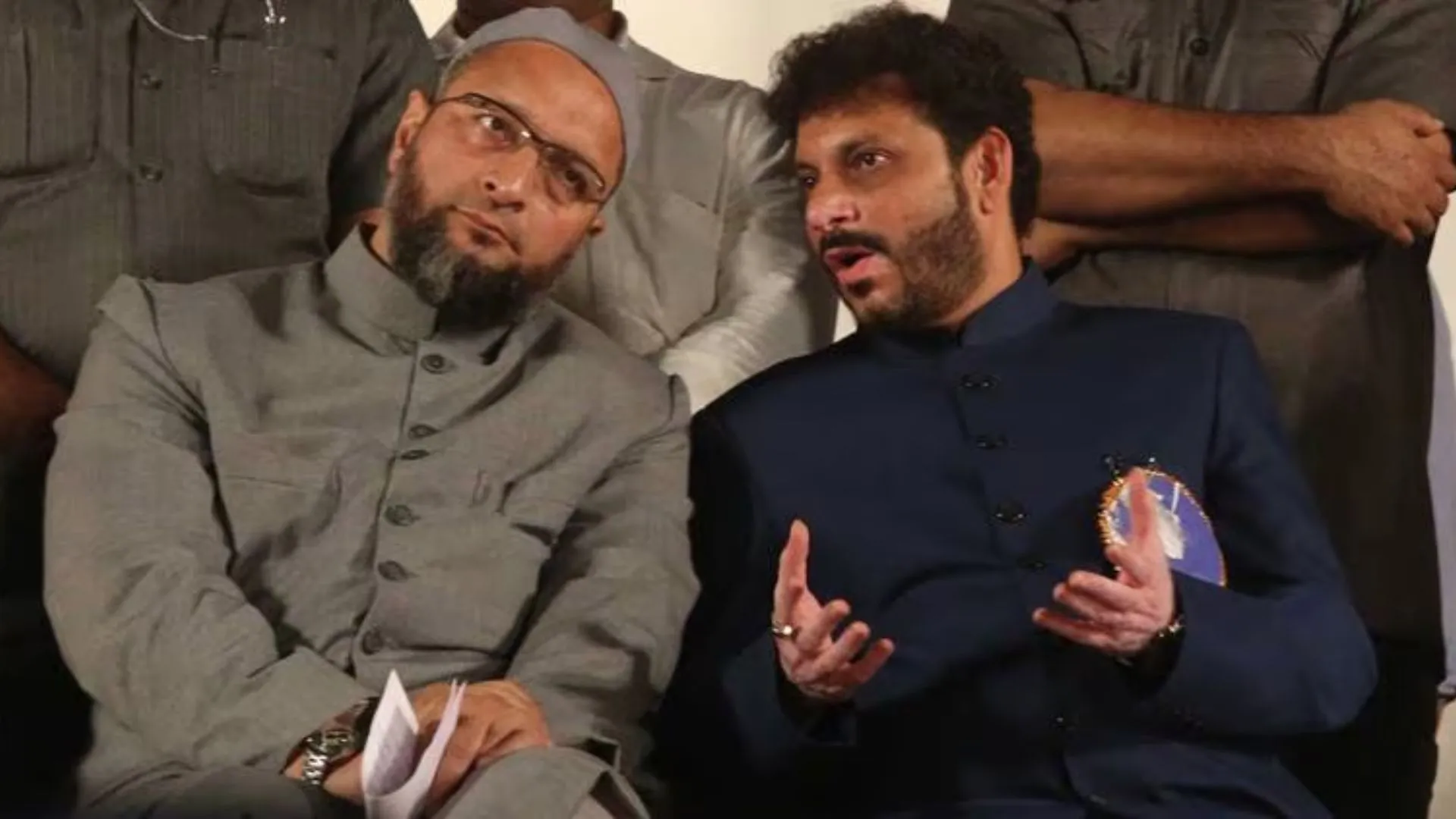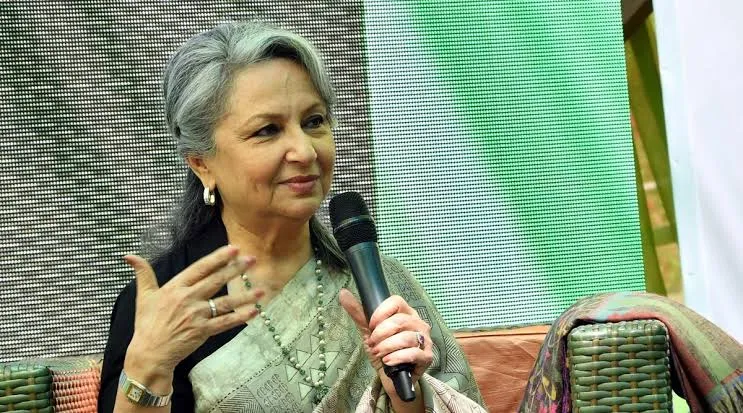The United States was among the first countries to exercise its veto power in the United Nations Security Council. It blocked a resolution calling for an immediate and permanent ceasefire in Gaza. The U.S. justified its decision by underlining that the resolution lacked provisions on hostage release from Gaza, a key condition on which Washington would support such a resolution.
United States Concerned About Hostage Release
In a written explanation of the veto, Deputy U.S. Ambassador to the UN Robert Wood said that the United States could not back a ceasefire that did not emphasize the release of hostages. He pointed out the “durable end to the war” should be linked with the “safe return of hostages”. Wood also mentioned that seven American citizens are still held in Gaza and that their release remains a top priority for the U.S.
“We made clear throughout negotiations we could not support an unconditional ceasefire that failed to release the hostages. Because, as this council has previously called for, a durable end to the war must come with the release of the hostages,” Wood said after the veto.
Details of the Vetoed Resolution
This resolution, presented by the 10 non-permanent members of the Security Council, called for an “immediate, unconditional and permanent ceasefire” in Gaza, and the “immediate and unconditional release of all hostages.” However, U.S. officials countered that the language of the resolution did not go far enough because it failed to tie the holding of a ceasefire to the freeing of hostages.
Wood also questioned the text to be considered for voting, in particular that there was not enough condemnation of Hamas for its assault on October 7 and demanded that stronger language reflect more fully the broader context of the conflict.
Global Reactions to the Veto
Only the U.S. voted against the resolution; the other four permanent members of the Security Council — the UK included — voted for the resolution. The UK had abstained on other ceasefire resolutions in the past but supported this one, describing the decision to back the resolution as an effort to “end this war, stop the suffering in Gaza, and secure the immediate release of the hostages.”
Palestinian Authority Condemns the Veto
There is no right to the mass killing of civilians. There’s no right to starve an entire civilian population. There is no right to forcibly displace a people. And there is no right to annexation. This is what Israel is doing in Gaza.” Majed Bamya, Deputy Ambassador to the Palestine mission to the UN, condemns the US veto of the UNSC Resolution. Palestinian officials have called U.S. veto against a United Nations Security Council resolution condemning Israeli actions in Gaza a “license to kill”.
The Palestinian Authority also criticized the U.S. for emboldening Israel’s actions, accusing the veto of facilitating “crimes against innocent civilians in Palestine and Lebanon.”
International Disappointment
The 10 elected members who sponsored the resolution were disappointed after the vote, Guyana’s Ambassador Carolyn Allison Rodrigues-Birkett said they were “deeply disappointed” that the resolution was not adopted. France also mourned its loss and articulated that an immediate ceasefire was required to ensure the protection of civilians and the delivery of humanitarian aid into Gaza.
The Way Forward
Despite the veto, the international community remains divided on the approach to the conflict. While Israel has promised to maintain its presence in Gaza during military operations and no ceasefire resolution will be entertained, the minimum demand it has put forth is the release of hostages in its negotiations with Hamas.
(Includes inputs from online sources)
ALSO READ: Chinese Ship Captained By Russian Officer Seized By Danish Navy For …






















